Business
What ARPA Means to Local Nonprofits, People in Need and the Hospitality and Restaurant Industry
Published
3 years agoon
By
Mark Woolsey
City officials and business leaders in the Peachtree Corners area are watching the unfolding of the American Rescue Plan Act (ARPA) and its sprawling variety of aid programs with great interest. They’re encouraged by what seems to be more a nod to small businesses in the latest permutation, as well as an industry-specific approach — the addition of an aid program targeted to restaurants.
For City Hall itself, top of mind has been making progress toward a grant program that would potentially help local business as well as struggling non-profits and individuals.
That grant money comes in the amount of $9 million, said City Manager Brian Johnson. Half of that arrived recently, he said, while the other 50% will show up in city coffers in one year. It’s part of $130 billion going out to local government entities nationwide, and the money has to be exhausted by three summers from now.
“The council’s intent is to spend it as quickly as we can responsibly spend it,” Johnson said, “and help those who have been harmed. We don’t want to sit on this until 2024.”
There are four general sets of federal guidelines under which grant program cash can be allocated, he explained.
The first is by far the most overarching, specifying assistance to households, small businesses and non-profits, and to such impacted industries as travel, tourism and hospitality. A second would reimburse the city for revenue lost due to the pandemic. A third set of guidelines is targeted to water, sewer and broadband improvements, and the last provides for premium pay for those doing essential work during the pandemic.
Johnson said a number of factors will be weighed in the vetting process, such as consideration of those who have gotten aid previously under the Coronavirus Aid, Relief, and Economic Security (CARES) and Economic Aid acts. Another is how and whether the money might be aimed at specific industries.
“It’s a great problem to have, but it’s still a challenge,” he said. “How do we make $9 million useable in the most productive way possible?”
To that end, Johnson and other staffers distilled the general guidelines down into several “conceptual” areas. His May 11 proposal to the council sketched out possible uses, including operating and capital grants to non-profits and, within that bucket, emergency assistance to individuals and families.
Business assistance programs also emerged as a touchstone with operating grants and property improvement comprising that area. Expansion of broadband infrastructure to underserved areas of the city also made the conceptual cut, as did potential reimbursement to the city for revenue lost to COVID.
A “shop local” incentive program and money for nuisance abatement (such as helping faltering businesses bring their properties back up to code) and utility assistance rounded out the conceptual model.
After council approval of a set of more detailed recommendations, staffers planned to draw up criteria and create an application period and process.
Johnson said that, under the earlier CARES act money that they parceled out, small businesses could use the grants however they saw fit. He said under ARPA there’s been talk about attaching more conditions, as opposed to “giving it to someone to put in their bank-account.” That harks back to the council’s stated goal of getting the money in circulation “to lubricate the economy.”
Business groups are cheering the help expected to arrive through the city grants, plus several other channels of the plan. At least one hopes that past hiccups can be ironed out.
“People are flat confused,” said Peachtree Corners Business Association (PCBA) President Lisa Proctor, the owner of a recruiting agency. “If you’re large enough to have good tax advisors or someone who’s focusing on the details, you’re in good shape. If you’re a small business having to navigate it yourself, it’s a problem.”
She cites, as an example, Small Business Administration (SBA) initiatives that have included a loan program, a grant program and a disaster assistance provision, making it difficult for businesses applying to determine what programs they might qualify for.
Proctor said that confusing verbiage and short application windows have created consternation. “I don’t think the concepts of the programs are bad. It’s the implementation,” she said. “Do the funds go to where they need to?”
One new concept within the ARPA and its programs under the SBA umbrella is the Restaurant Revitalization Fund, which gets a nod of approval from Cally D’Angelo, Senior Director of Membership Services and Small Business Initiatives for the Gwinnett Chamber of Commerce. She said carveouts like that are necessary if the industry is to recover and rebuild.
“I think is very helpful. Money is flowing,” she said, following the closure of the application period May 24. She added that users are not required to repay the money as long as it’s used in eligible ways by March of 2023.
She also points out that the program casts a wider net than many might think, not only incorporating aid for traditional sit-down restaurants, but also food trucks, bakeries, caterers, brewpubs and wineries. $28.6 billion has been set aside from the program to help restaurants meet payroll and other expenses.
The PCBA’s Proctor said their numbers show around 50 restaurants within three miles of Peachtree Corners Town Center, and that several have closed.
Smaller businesses are also getting a chance to move toward the head of the line, said D’Angelo. She said one example concerns the Economic Injury Disaster Loan program (EIDL), which now incorporates a targeted EIDL option for businesses in low-income areas. Those smallest and hardest hit of them can get an extra $5,000 that doesn’t have to be repaid.
The revamp of the Paycheck Protection Program (PPP), which gained more than $7 billion in additional funding, is another. A special two-week period for PPP applications earlier this year was designed for businesses of 20 employees or fewer, she said. She added that a mid-May report showed that the average loan size of PPP loan help packages — typically those are proportional to the size of the business applying for the aid — had decreased by about half, spotlighting the more targeted small business approach.
In addition, the PPP program’s eligibility criteria were expanded to include some non-profit organizations previously excluded.
To be sure, not only businesses are getting a helping hand. ARPA includes a broad menu of help programs for the public health workforce, schools, individuals and individual families.
Proctor’s concern remains that the dollars will go to the entities most needful, given past confusion and such missteps as when the first round of Paycheck Protection funding went, in large measure, to what some regarded as an inordinate percentage of large businesses and publicly traded corporations. “Based on the first round of what the SBA did, I am cautiously not optimistic,” she commented.
D’Angelo takes a more upbeat tone, saying that to put it in perspective, the SBA processed what’s usually more than 14 years’ worth of loans in 14 days at the outset of the pandemic, and that the agency has been adaptable. On a more local scale, she said that the Chamber and others have come together to form a small business resource group to provide information, webinars and feedback.
“Over time, responding to a crisis, you adapt to what the needs are. That’s how it’s supposed to work, right?” said D’Angelo.
Related

Business
TransPak Acquires Reid Packaging to Expand East Coast Presence
Published
1 week agoon
October 16, 2024
The strategic acquisition strengthens TransPak’s Southeast presence and expands their capabilities in custom packaging for military, aerospace and high-value equipment.
TransPak, a global leader in logistics, packaging and crating services, recently announced the acquisition of Reid Packaging, a long-standing provider of custom packaging solutions based in Peachtree Corners. Both family-owned and operated companies share a deep-rooted commitment to quality craftsmanship, reliability and customer service, making the acquisition a natural fit.
Reid Packaging, founded in 1982, has distinguished itself as the go-to customer industrial packager in the metro Atlanta region, providing corrugated, foam and custom-engineered crating solutions, particularly in the military and aerospace industries.

Under the ownership of Ward Phillips since 2008, the company has grown to become one of the largest packaging facilities in the region, with a 60,000-square-foot site.
The acquisition will allow TransPak to expand its local manufacturing capabilities in the Southeast, while leveraging Reid Packaging’s expertise in specialized and heavy-duty custom crates.
Strategic Atlanta location and enhanced capabilities
The acquisition is part of TransPak’s strategic expansion into the Atlanta market, a critical logistics hub for both the renewable energy and semiconductor industries.
“We’re thrilled to welcome Reid Packaging into the TransPak family,” said Tomas Molet, executive vice president of East and Midwest Operations, TransPak. “With Reid Packaging’s prime location in Peachtree Corners, we are now able to serve customers throughout the Southeast, including direct routes to the Carolinas and beyond. This acquisition strengthens our ability to meet the needs of existing clients, especially those in the semiconductor and renewable energy sectors.”
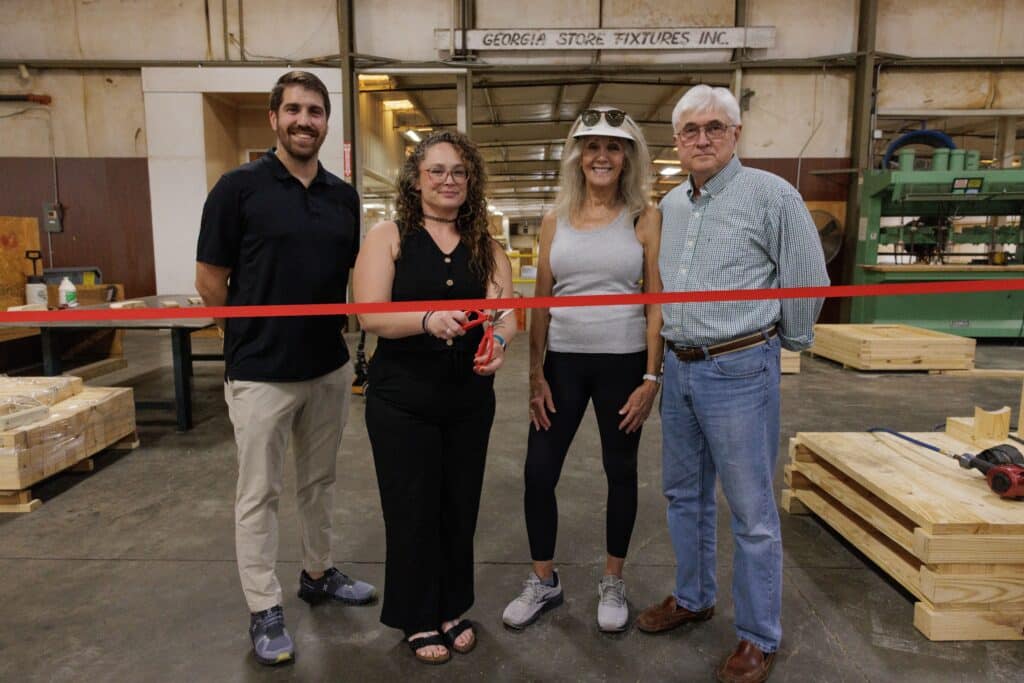
In addition to the strategic location, the acquisition brings new manufacturing capabilities to TransPak’s East Coast operations. Reid Packaging’s facility is now the largest of TransPak’s locations in the region. Its offerings include enhanced services, such as heavy-duty and triple-wall corrugated packaging, which will enable TransPak to meet the growing demand for custom-designed packaging solutions for fragile, high-value equipment.
Commitment to employees and leadership appointments
A key focus of the acquisition was ensuring a smooth transition for Reid Packaging’s employees.
“We made a commitment to Ward Phillips to take care of the staff, and we’ve delivered on that promise,” said Molet. “All employees were retained, and we’ve introduced benefits they previously didn’t have as part of our commitment to making this a positive transition for everyone involved.”
Amanda Gautney, a longtime member of TransPak’s leadership team, has been appointed as the operations manager for the Peachtree Corners facility. “I’m excited to work with the team at Reid and continue the legacy of this respected company,” said Gautney.
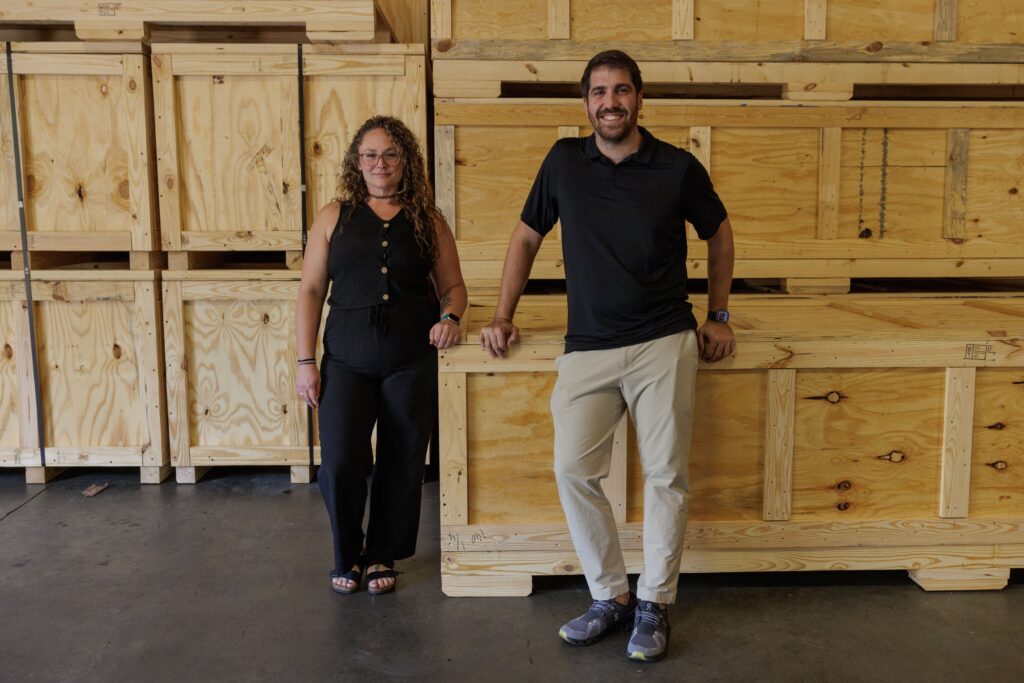
Looking forward in Atlanta
TransPak plans to continue operating under the Reid Packaging name for the immediate future. However, the facility will gradually transition to full integration under the TransPak brand, reflecting the shared values and commitment to quality of both companies.
About TransPak
Headquartered in Silicon Valley, TransPak has been providing innovative and cost-effective design, crating, packaging and global logistics for over 70 years.
As a customer-focused, women- and family-owned company, TransPak combines the agility of a small business with the reliability of a global powerhouse. TransPak lives by the slogan, “We make it happen,” ensuring that high-value, fragile, and oversized goods reach their destinations safely and efficiently.
For more information about TransPak, visit transpak.com.
Related
Business
Lisa Anders Promoted to Chief Operating Officer of Explore Gwinnett
Published
1 month agoon
September 17, 2024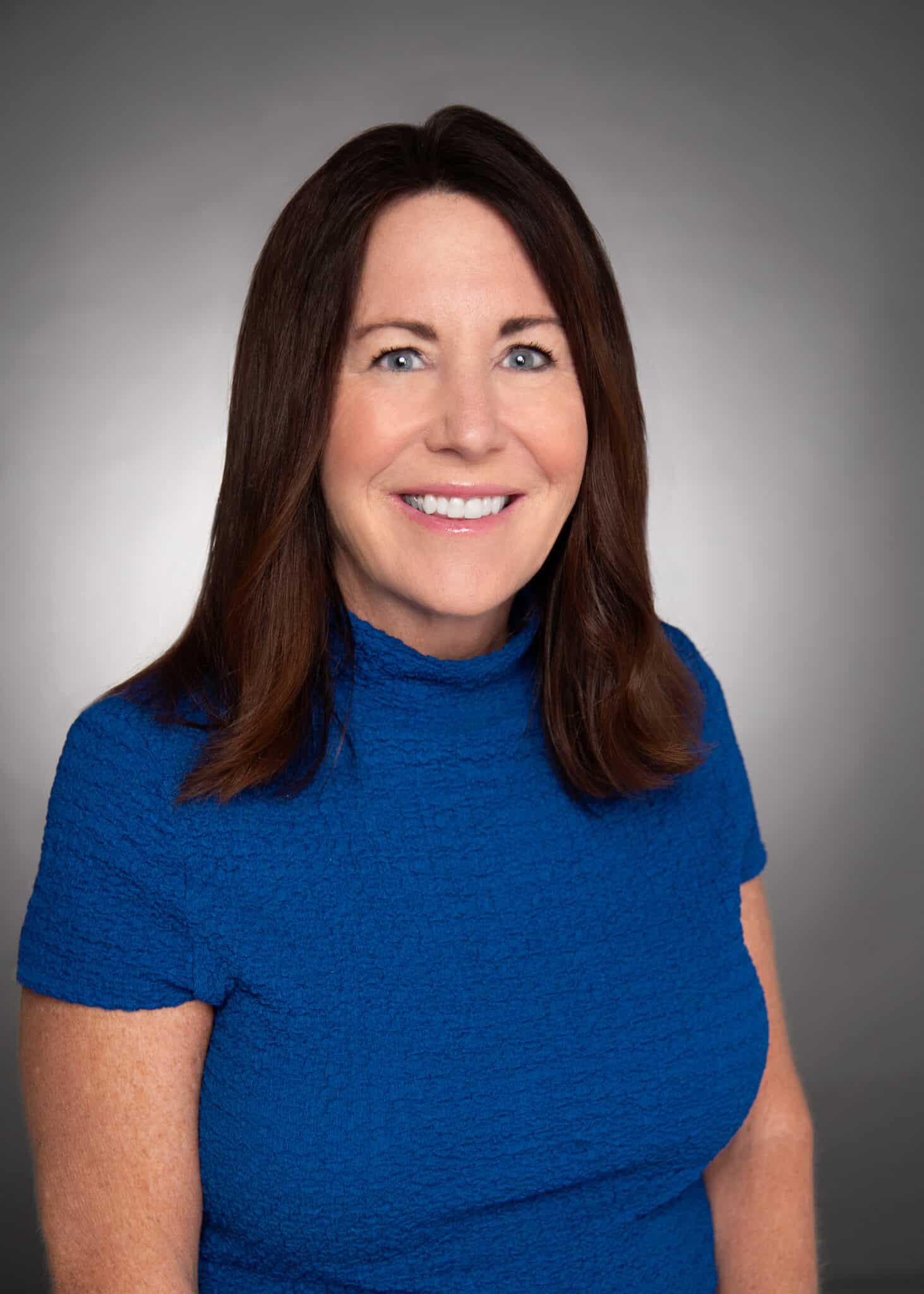
Explore Gwinnett, the destination marketing organization for Gwinnett County, has announced the promotion of Lisa Anders from executive director to chief operating officer (COO). Since joining the organization in 1996, Anders has demonstrated outstanding leadership and has established a track record of developing partnerships essential to leading and expanding the evolving destination marketing organization. The creation and oversight of both the Gwinnett Film Commission and Gwinnett Creativity Fund are just two of her achievements.
“I am honored to step into the role of chief operating officer at Explore Gwinnett,” said Anders. “Over the past 13 years as executive director, I have had the privilege of witnessing remarkable growth for our destination. I am eager to enter this new chapter, and I’m looking forward to continuing to see how we expand.”
As COO, Anders will take on the additional responsibility of overseeing the Gwinnett Sports Commission. This division is dedicated to driving economic development through sports, managing a variety of events for youth, collegiate, amateur and professional athletic organizations. Ander’s innovative approach and extensive network of local and national connections will further support the commission’s overall mission to establish Gwinnett County as a premier sports destination.
“The Gwinnett Sports Commission team has excelled in attracting and managing a diverse array of sporting events over the past several years,” Anders added. “I look forward to working closely with this talented team to support their ongoing efforts and foster economic development for our community.”
For more information, visit exploregwinnett.org.
Related
Business
Peachtree Corners Resident Receives Entrepreneurial Spirit Award
Published
2 months agoon
September 2, 2024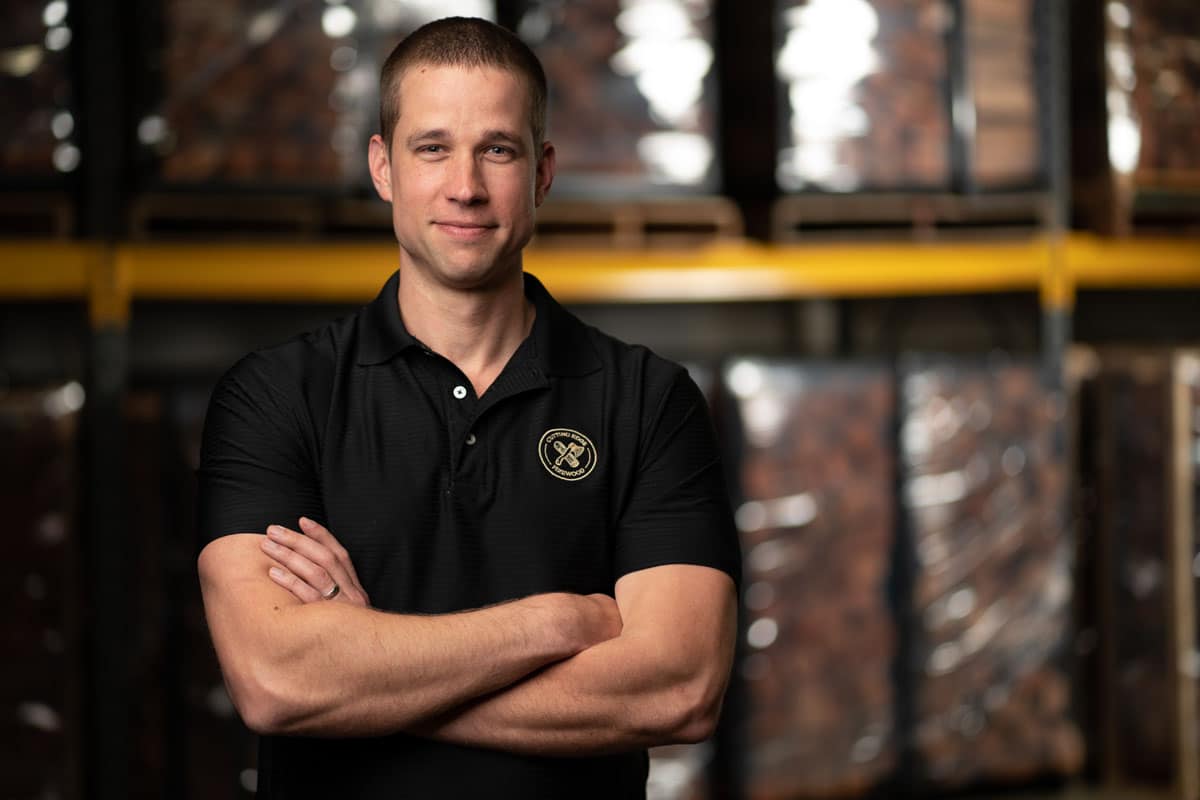
Leroy Hite, founder of Cutting Edge Firewood, was honored with the Distinguished Alumni Award from Berry College in August
Berry College recently awarded its annual Distinguished Alumni Award for Entrepreneurial Spirit to Leroy Hite, founder of Cutting Edge Firewood (and Berry College graduate, class of 2008). The annual award recognizes and honors alumni who have demonstrated a range of positive entrepreneurial skills — including a commitment to turning a dream into a reality, the vision to create an enterprise, the courage to assume risks and the ability to make changes and take advantage of new opportunities.
“This award holds a special place in my heart, maybe more than any other I’ve ever received,” said Hite. “Being recognized by my alma mater is incredibly meaningful to me.
My entrepreneurial journey began at Berry College. It’s where that initial spark was ignited, and honestly, I’m not sure I’d be where I am today without it. Berry nurtured my curiosity, drive and resilience — the key ingredients to entrepreneurship.”
Innovative entrepreneurship
Berry College professor and leader of the school’s Entrepreneurship Program, Dr. Paula Englis, said that Hite took every class she offered. And when those ran out, he did directed studies with her.
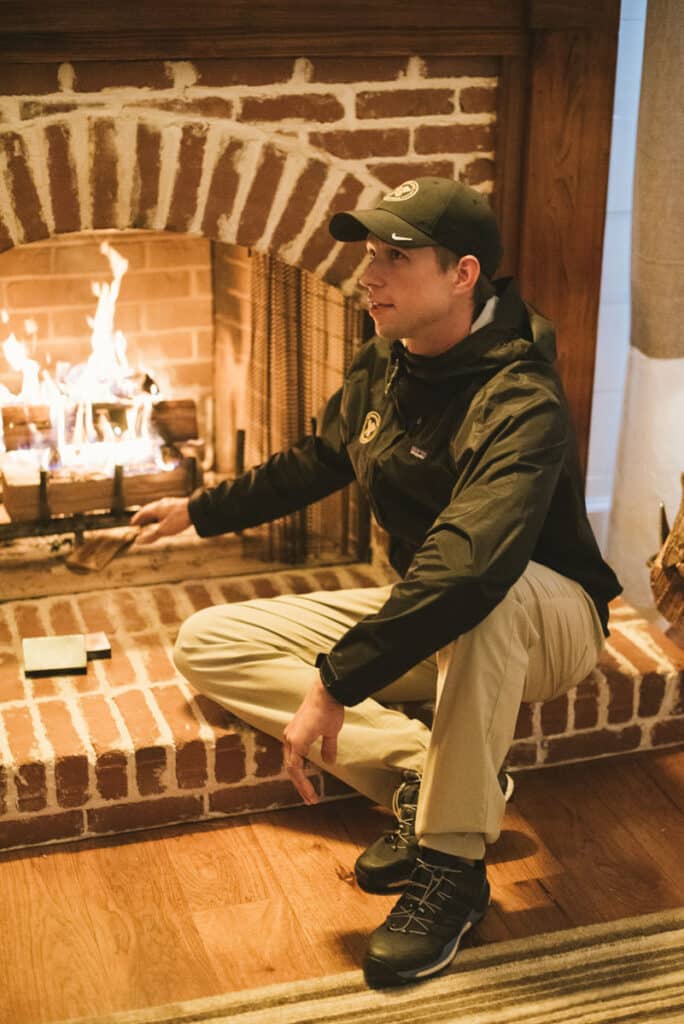
“He always knew he wanted to run his own business, and the growth and success of his firewood enterprise has been a wonder to watch,” she said.
Hite was nominated by Berry alumni Alison Ritter, class of 1994. Georgia Governor Brian Kemp also supported Hite’s nomination.
“As a small business owner myself, I have strong appreciation for and recognize the perseverance it takes to build a business from the ground up,” said Kemp. “Leroy’s innovative approach to the firewood industry, focusing on product quality and customer service, mirrors the entrepreneurial spirit that has long driven Georgia’s economic success.”

The company
When Hite founded Cutting Edge Firewood in 2013, he created the world’s first luxury firewood and cooking wood company. He reinvented everything about the firewood industry, from how firewood is dried and stored to how it’s packaged, shipped and delivered. When the company began, it was just Leroy with a one truck and a trailer. Now Cutting Edge Firewood employs 40, stocks enough inventory to fill its 40,000-square-foot Peachtree Corners warehouse and ships wood to all 50 states.
The wide variety of wood from Cutting Edge undergoes a special drying process to ensure that it’s free from unwanted pests, mold or fungus and provides an unmatched clean and bright burn with pleasant aroma. Their focus on process and the use of hardwoods such as oak, hickory, cherry, apple, pecan and maple ensures their customers receive the highest quality firewood, cooking wood and pizza wood possible.
For more information about Cutting Edge Firewood, visit cuttingedgefirewood.com.
To learn more about the Entrepreneurship Program at Berry College, visit berry.edu/academics/majors/entrepreneurship.
Related
Read the Digital Edition
Subscribe
Keep Up With Peachtree Corners News
Join our mailing list to receive the latest news and updates from our team.
You have Successfully Subscribed!

TransPak Acquires Reid Packaging to Expand East Coast Presence

Peachtree Corners City Leaders Engage Residents on Land Use Development

The NOW Massage Opens Peachtree Corners Boutique at The Forum

GCPL Accepting Applications for Next New Start Entrepreneurship Incubator

Ruwa Romman’s Re-Election Bid: Addressing Housing, Taxes and Transportation in Gwinnett [Podcast]

Councilmember Sadd to Host Town Hall Meeting on October 29

PTC Arts Inc. Furthers Mission to Provide Accessible Art

From Corporate to Sci-Fi Author: Jill Tew Discusses ‘The Dividing Sky’ [Podcast]

From Corporate to Sci-Fi Author: Jill Tew Discusses ‘The Dividing Sky’ [Podcast]

PTC Arts Inc. Furthers Mission to Provide Accessible Art

Councilmember Sadd to Host Town Hall Meeting on October 29

Ruwa Romman’s Re-Election Bid: Addressing Housing, Taxes and Transportation in Gwinnett [Podcast]

GCPL Accepting Applications for Next New Start Entrepreneurship Incubator

TransPak Acquires Reid Packaging to Expand East Coast Presence

The NOW Massage Opens Peachtree Corners Boutique at The Forum

Peachtree Corners City Leaders Engage Residents on Land Use Development

Light up the Corners [Video]

Capitalist Sage: Business Leadership in Your Community [Podcast]

Cliff Bramble: A Culinary Adventure through Italy

Top 10 Brunch Places in Gwinnett County

A Hunger for Hospitality

THE CORNERS EPISODE 3 – BLAXICAN PART 1

Top 10 Indoor Things To Do This Winter

The ED Hour: What it takes to Remove Barriers from Education

Peachtree Corners Life
Topics and Categories
Trending
-
Business1 week ago
TransPak Acquires Reid Packaging to Expand East Coast Presence
-
Health & Wellness1 week ago
The NOW Massage Opens Peachtree Corners Boutique at The Forum
-
Community5 days ago
GCPL Accepting Applications for Next New Start Entrepreneurship Incubator
-
Peachtree Corners Life4 days ago
Ruwa Romman’s Re-Election Bid: Addressing Housing, Taxes and Transportation in Gwinnett [Podcast]







